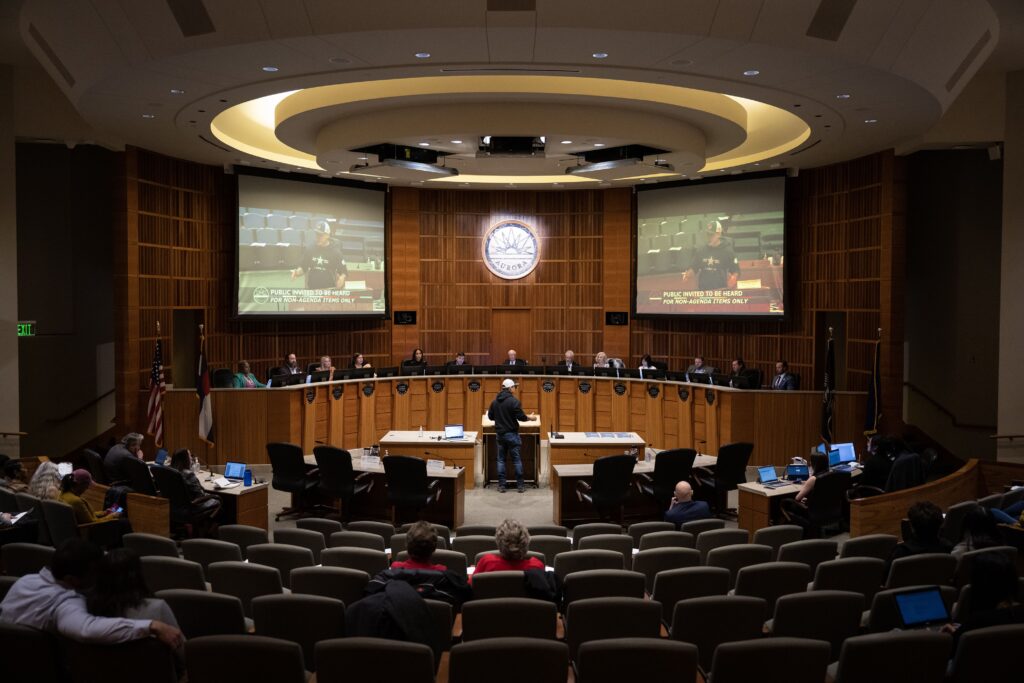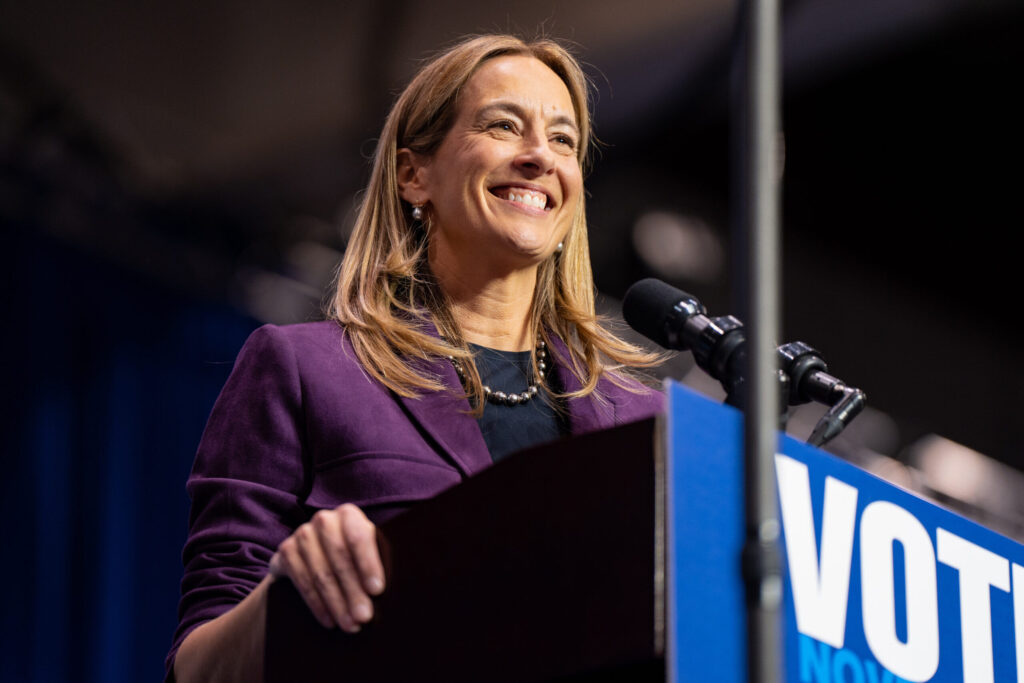Insights: Death penalty fight begins anew in Colorado Wednesday, but all’s quiet on the front
On Wednesday, Colorado will fight the latest skirmish in a battle Americans have been fighting for centuries, the morals of the death penalty.
There have been no rallies, no press conferences and little fanfare from either side about taking away the government’s ability to kill somebody. Maybe it seems like brain damage to stare at a rock waiting for it to move. Colorado is a rock on this issue.
Senate Bill 95 has respected, capable sponsors, Senate Democratic leader Lucia Guzman, a pastor with a kind demeanor, and Rep. Alec Garnett, a former Democratic state party executive director and the son of Boulder County District Attorney Stan Garnett.
The death penalty was at Colorado’s forefront just months ago. Arapahoe County District Attorney George Brauchler, an often-rumored candidate for governor, sought to enforce it on James Holmes, who killed 12 people and injured 70 others when he opened fire in an Aurora movie theater in 2012.
Holmes got life in prison.
Technically, only two people sit on Colorado’s death row. Sir Mario Owens and Robert Ray were co-conspirators in the 2005 execution of a witness who was going to testify in a murder case against Ray.
The third Coloradan awaiting death is Nathan Dunlap. He was 19 years old in 1993 when he hid in the bathroom of the Chuck E. Cheese restaurant in Aurora until after closing time. He robbed the place and killed three teen-agers and a 50-year-old woman who worked there.
Dunlap won’t be executed as long as John Hickenlooper is governor, however. Hickenlooper said in 2013 he would not be the person to decide Dunlap’s fate, that Colorado should have a discussion first about where it stands on the death penalty.
Three years later, that conversation hasn’t happened, and the bill is up for its first, and possibly its last, hearing Wednesday afternoon.
The path to death row in Canon City is lined with political quicksand.
In 2013 Democrats sought to repeal the death penalty, but couldn’t hold together enough members of their party to get the bill out of committee. One of those House Democrats who stood in the way was Lois Court. She is now in the state Senate, where there are 18 Republicans and 17 Democrats.
The bill isn’t likely to survive the Senate Judiciary Committee, however. The deck is stacked on both sides.
The committee has three Republicans and two Democrats. The Republicans are chairman Bob Gardner, a tough-as-nails attorney from Colorado Springs; John Cooke, the former Weld County Sheriff; and Don Coram from Montrose, who represents a district of western Colorado where people are anything but soft on criminals. The Democratic side is challenging, too.
Committee member Rhonda Fields of Aurora supports the death penalty, for the most personal and iron-clad of reasons. Death row inmates Owens and Ray killed her son, Javad Marshall-Fields and Marshall-Fields’ fiancee, Vivian Wolfe, at an intersection. Arapahoe County juries sentenced them to death.
Even if Fields doesn’t recuse herself for a conflict of interest, she’s unlikely to support a repeal. She said in 2013 that voters should decide whether Colorado remains one of the 31 states with a death penalty.
The fifth member of the Senate Judiciary Committee is Daniel Kagan, who represents part of Arapahoe County. The death penalty runs through Arapahoe County.
Dunlap, Owens and Ray were sentenced to death in Arapahoe County. In December, Brauchler said he would seek the death penalty against a fourth man, Brandon Jamal Johnson. The 27-year-old’s lawyers have said he’s willing to plead to a charge that spares his life for killing his 6-year-old son. Brauchler has said “no dice.”
Brauchler is one of the top names mentioned as a Republican candidate for governor next year. Last year he convicted James Holmes in the 2012 mass shooting in an Aurora movie theater that left 12 dead and 70 wounded. He could not get the death penalty from an Arapahoe County jury, however.
Brauchler won another term in November as chief prosecutor without opposition in the primary or general election.
Though Hickenlooper didn’t support a repeal effort in 2013, his Dunlap decision was still an albatross around his 2014 re-election campaign. That summer a Quinnipiac University poll indicated nearly 7 in 10 Coloradans favor the death penalty.
Wednesday advocates will make the case that if a jury, such as the one trying Holmes, aren’t willing to hand down the penalty and some governors aren’t willing to enforce it, then why should taxpayers continually foot millions of dollars in legal bills in each case. A person who gets death gets decades of access to the courts at taxpayers’ expense, no matter how guilty they are.
They also will point to statistics that show the possibility of death as a punishment doesn’t deter violent crime, but only serves as society’s vengeance.
States with the death penalty had murder rates between 25 percent and 46 percent higher than states without it, Kathleen Hynes, a volunteer with the ACLU of Colorado, wrote in an op-ed in the Colorado Springs Gazette last August.
“We know capital punishment does not save the state money and resources, is not a deterrent and we don’t know how many innocent people we have killed or will kill in the future,” she said. “So, let’s do away with this law.”
In closely divided legislative districts, officeholders have to think how their vote sounds in an opponent’s campaign attacks.
No one in the state Capitol is talking much about this bill, because anything they say can and will be held against them in the court of public opinion.











